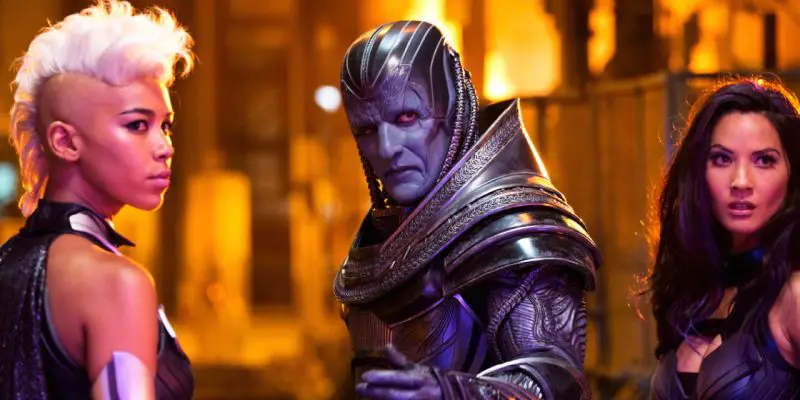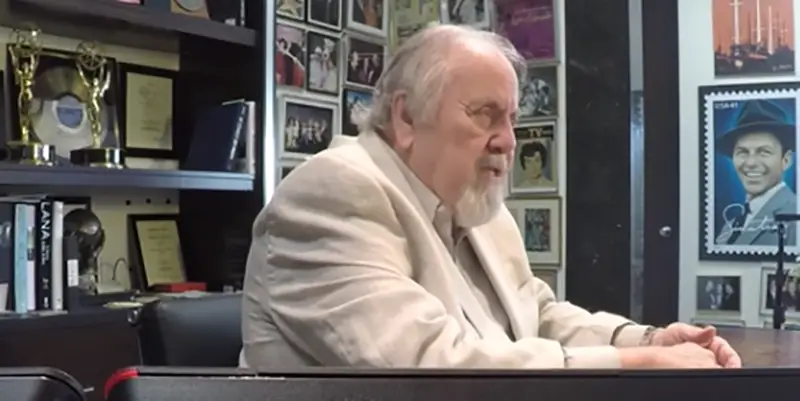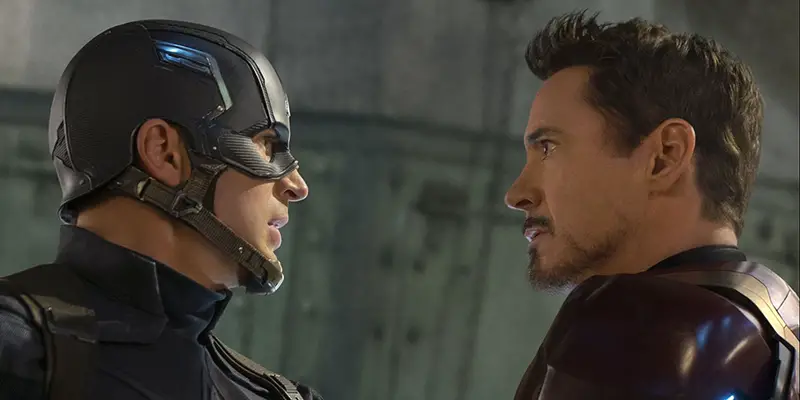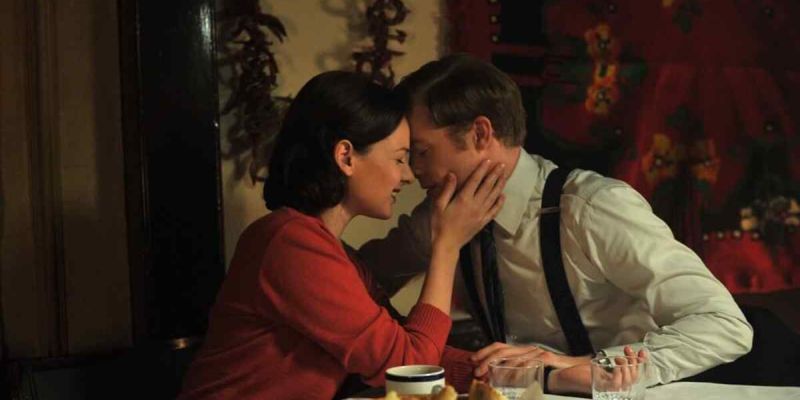2016
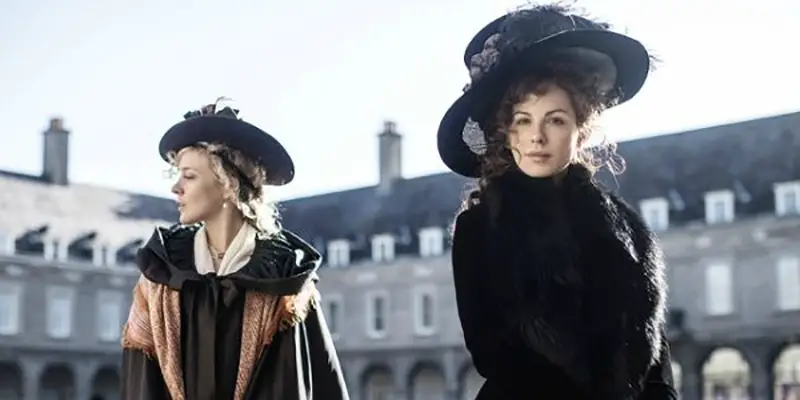
Whit Stillman’s adaption of Jane Austen’s relatively unknown novella, Lady Susan, follows the delightfully scandalous exploits of the recently widowed Lady Susan Vernon (Kate Beckinsale). Lady Susan is forced to leave the Manwaring family’s estate in the midst of adulterous allegations, instead taking up residence with her in-laws and their handsome young relative, Reginald DeCourcy (Xavier Samuel), whereby she attempts to marry off her long-suffering daughter and elevate her own social standing in the process. The ensuing events make for one of the most entertaining and joyfully witty Austen adaptations we have yet been treated to on screen.
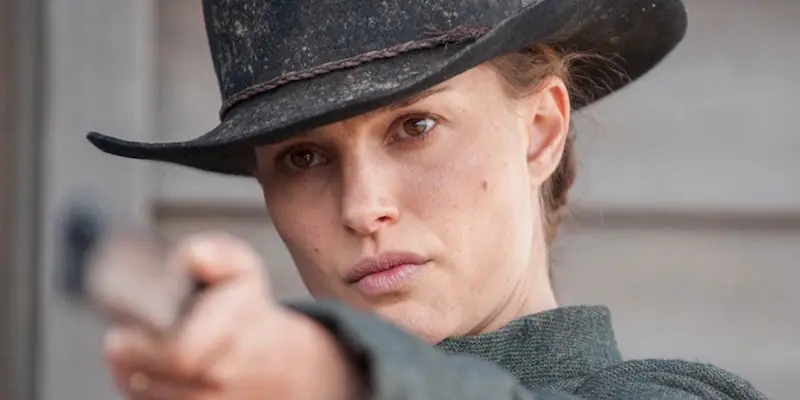
Within the last couple of years, the Western seems to have made a semi-comeback. Recent notable titles include John Maclean’s directorial debut Slow West, the horror-thriller Bone Tomahawk, and Quentin Tarantino’s claustrophobic and violent The Hateful Eight. And, in just a few months, a remake of The Magnificent Seven will be released, a film adaptation which has attracted the likes of Denzel Washington, Chris Pratt, Vincent D’Onofrio and more (which is hopefully an indication that it is at least halfway decent).
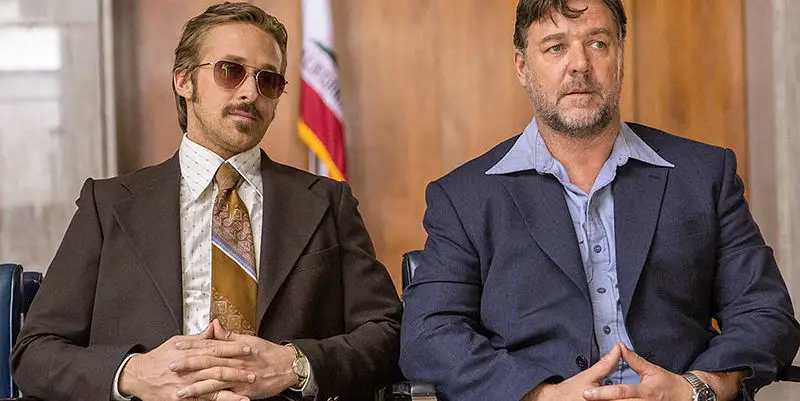
Shane Black’s The Nice Guys couldn’t come at a better time. Actually, strike that. If it had come out just a few months later after the slog of the summer movie season of blockbuster remakes, sequels, reboots, and rehashes had polluted our minds, then perhaps it would be received all the more with acclaim.
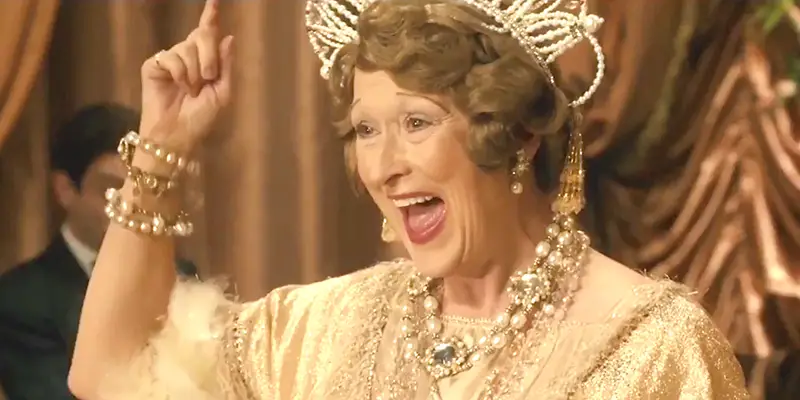
It’s very easy for the media to get overexcited about a new Meryl Streep film, and one costarring Hugh Grant and directed by Stephen Frears at that, but this time there’s something different. I think maybe, what with the recent success of The Iron Lady and the confusion over Suffragette (where she was on screen for only a few moments), the media and filmgoers are suffering from a little overindulgence when it comes to one of the world’s greatest actresses. So although Florence Foster Jenkins has been promoted widely, it hasn’t been the film on everyone’s lips.
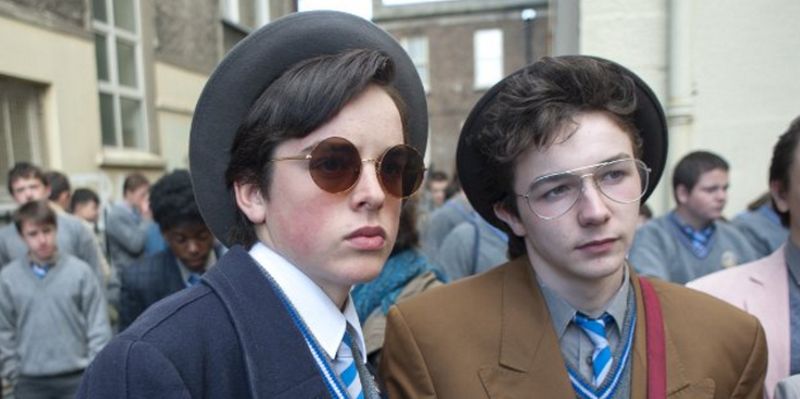
Director John Carney’s most beloved films are all about the idea of “authentic” music, with protagonists who are either singer-songwriters or bands all struggling to make a living when soulless pop is all that is keeping the music industry alive. His previous film Begin Again was about a struggling singer and a washed-up music producer making a concept album that laughed in the face of pop music’s obsession with inauthenticity. The characters were celebrated in the film, despite making an album of beige-sounding Starbucks music that seemed to ignore that rock’n’roll is so exciting because of its lack of authenticity.
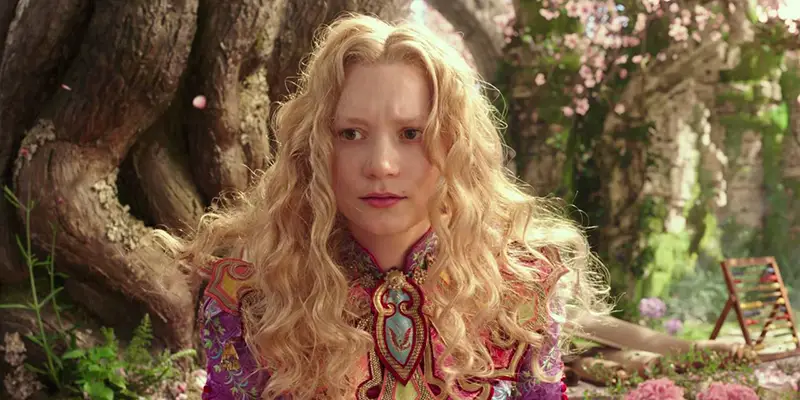
2016 has become the year where audiences are openly questioning the onslaught of mainstream movies coming out, especially when it comes to unnecessary sequels. Some of the films this year that have made us think ‘did this really need a sequel?’ include Now You See Me 2, The Hunstman, My Big Fat Greek Wedding 2, Independence Day 2, Zoolander 2 and even an Ice Age film set in space.
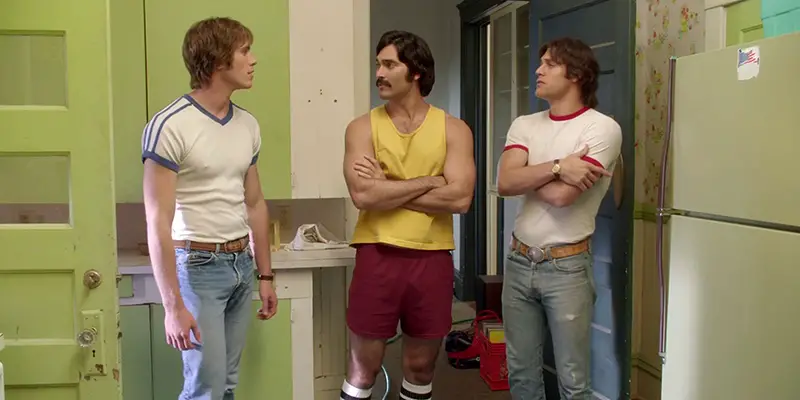
Richard Linklater may be the definitive coming-of-age filmmaker of our time, effortlessly blending John Hughes indebted stories of young people coming to grips with their own identities, with an Altman-esque ear for naturalistic dialogue. His films feel timeless, yet completely of their time – snapshots of a generation that will remain beloved when the next generation of cinephiles lay their eyes on them. A “Spiritual Sequel” His latest film, the punctuation-friendly Everybody Wants Some!!

The story of Freckles, written and directed by Denise Papas Meechan, opens with Lizzie introducing herself by voicing her strong hatred she has for the “ugly orange dots” that she refers to as her “star map to loneliness”. This is a story of a woman who has a disturbingly distorted view of herself. Despite her mother telling her that the freckles are “kisses from God”, Lizzie sees them as a curse.
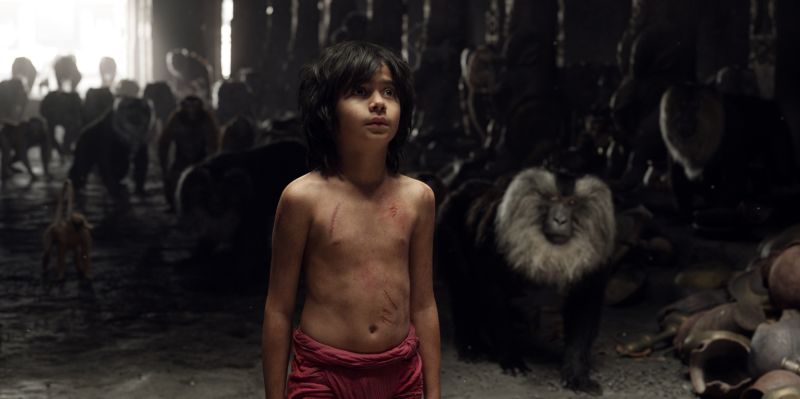
Film is the art of light. Paradoxically, light is that is the ultimate source required for life to exist, and is the greatest substance to cause horrific calamities. Fire was both a blessing and a curse for ancient civilizations to understand and attempt to harness, but it was quite often their undoing.
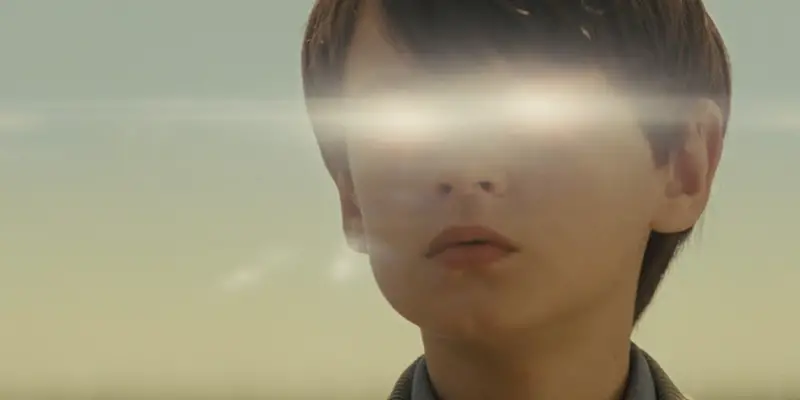
With only four movies to his name so far, and with features ranging in genre from coming-of-age dramas (Mud) to quasi-science fiction (Take Shelter), Jeff Nichols’ films have at least one thing in common (other than that they all star Michael Shannon): they are all intimate productions, both in style and in their focus on the tight-knit relationships around us. Often set in the American South where Nichols himself grew up, his films deal with familial struggles and upsets in usually uneventful communities.
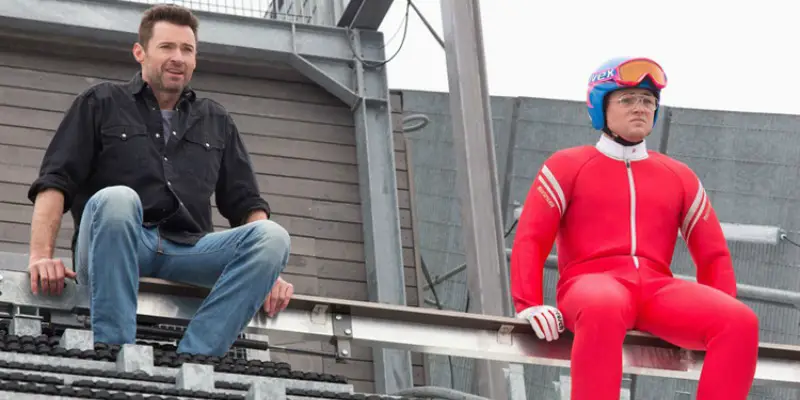
I have been following the production of Eddie The Eagle for a very long time it seems. I’m a great devotee of director Dexter Fletcher (Sunshine On Leith is excellent), I love a good sports movie, even better, I love a British underdog sports movie. Of course, if you know me or are familiar with me at all you’ll know I also absolutely adore Taron Egerton.


